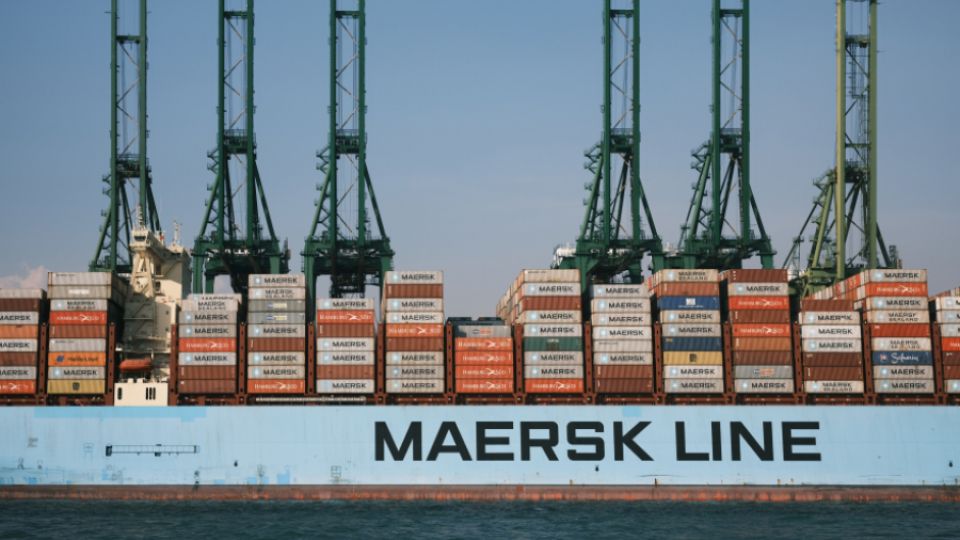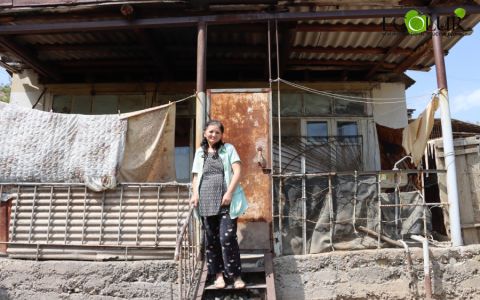Because of the increasing volume of plastic waste in the oceans, environmental groups from various countries are asking the Danish company MAERSK and other relevant shipping companies to stop transporting this waste from developed to developing countries. Addressing the logistics of the global trade in waste could help reduce the amount of waste shipped annually. In 2021, 3.75 million tonnes of plastic waste were shipped from the top ten exporting countries, equivalent to 7.13 tonnes per minute!
What the environmentalists, including our EARTH Thailand colleagues, are demanding from MAERSK would not be an unprecedented step. The France-based CMA CGM Group announced in February 2021 that they would no longer be transporting plastic waste aboard their ships, effective 1 June 2022. They also reacted to an urgent call by NGOs that warned about the severe consequences of the global waste trade, including the harm caused by waste mismanagement in countries overwhelmed by foreign waste. The imported waste is often not managed properly and ends up on the seas, damaging life or harming the natural environment of vulnerable local communities.
“In many areas of Thailand, imported waste releases dangerous toxic chemicals, including Persistent Organic Pollutants (POPs). They are called this because of their ability to remain in an environment and organisms for a long time,” explains Punyathorn Jeungsmarn from EARTH Thailand, giving another reason why it is necessary to stop the flow of hazardous waste into Thailand and other countries. “Such toxic waste has disproportionately impacted marginalized communities, often those living in agricultural areas. The injustice is compounded by the fact that much of the imported waste comes from economically developed nations.”
Fifteen organizations from three exporting countries (the USA, the UK, and Denmark), six importing countries (Turkey, the Philippines, Malaysia, Vietnam, Indonesia, and Thailand), and two networks (European and global) jointly launched an online petition on World Ocean Day on 8 June 2022, demanding that MAERSK, Hapag-Lloyd, MSC, Hamburg Sud, COSCO, Orient Shipping, and Dole Ocean Cargo stop shipping plastic waste. “The world must stop the waste transport chain, regardless of at what point. Logistics is one of the bottlenecks where the problem could be addressed,” says Miroslava Jopková, the Thai project coordinator in the Czech NGO Arnika. “However, we will continue managing other levels. One level is international, where we need stricter limits and more vigorous enforcement of the Basel and Stockholm Conventions. On the national level, Thailand needs to introduce a Pollutant Release and Transfer Register that should also lead to stricter controls on recycling compounds,” she adds.
The latest evidence of illegal waste importation happened recently. Thailand's environment minister has ordered the authorities to trace the origins of 130 tonnes of municipal waste. This was illegally imported into Thailand as 'paper waste'. What was actually in the shipping containers? A mixture of scraps of paper, cloth bags, food wrappers, respirators, diapers, sprays, and medicine containers. This waste, which falls under municipal waste, must not be imported into the country according to Thai law. It proves the necessity of stopping the global waste trade on all possible levels – including its shipping – to protect the communities at the end of the chain from carrying the entire burden themselves.








